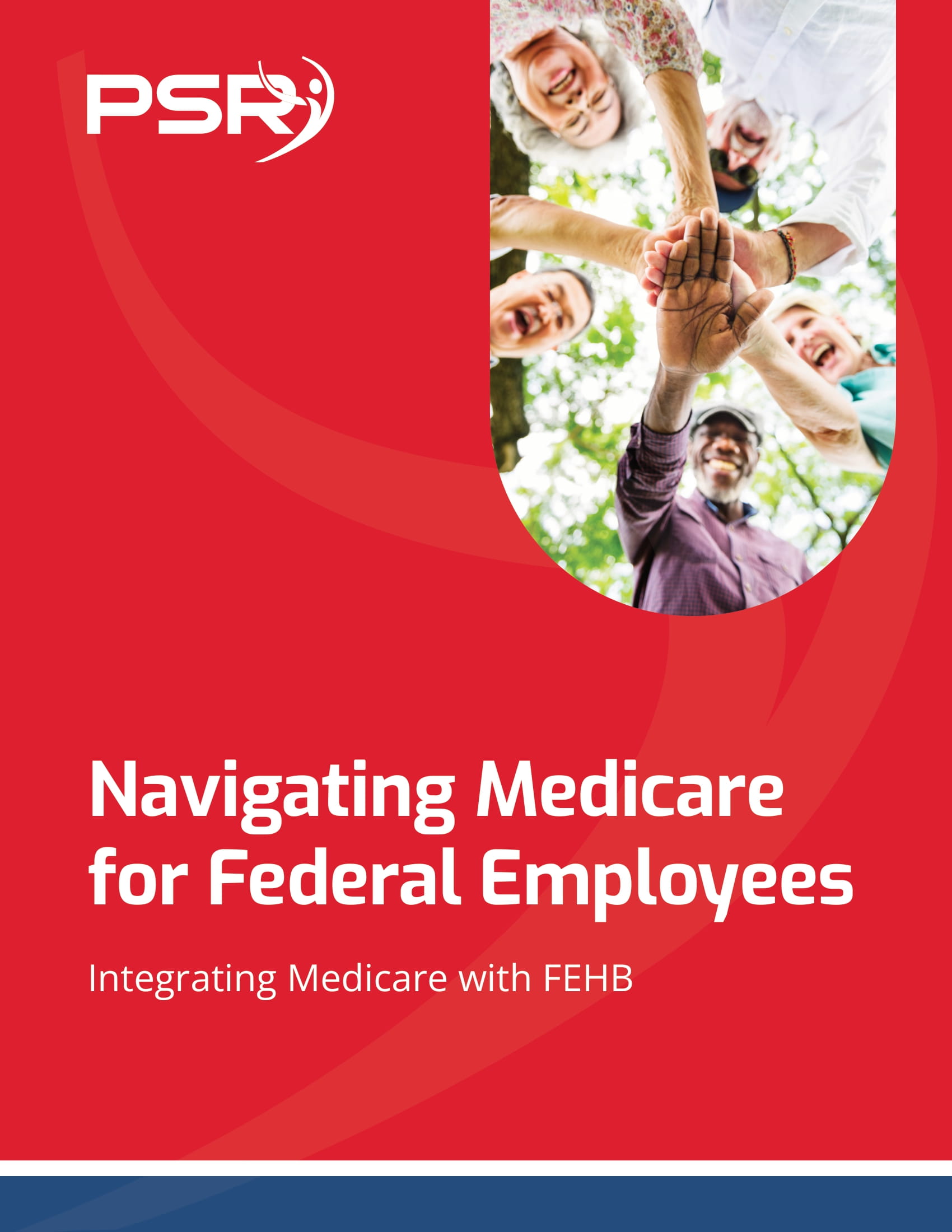Key Takeaways:
- Federal Law Enforcement Officers (LEOs) enjoy some of the most lucrative retirement perks in the federal system, thanks to special retirement provisions designed just for them.
- From early retirement options to a generous pension structure, these benefits are tailored to reward LEOs for their demanding service, ensuring a smooth and financially secure transition into retirement.
How Federal Law Enforcement Officers Secure Early Retirement
- Also Read: Divorce and Your Federal Pension—What Happens When You Split Assets and How It Could Affect Your TSP
- Also Read: What Happens to Your Federal Benefits After Divorce? Here’s the Lowdown
- Also Read: The Best FEHB Plans for 2025: Which One Fits Your Lifestyle and Budget the Best?
But it’s not just about mandatory retirement. As a federal LEO, you can retire as early as 50 years old with 20 years of service under your belt. That means that if you start your career in your twenties, you could be set to retire in your fifties and still enjoy a full pension. Compare that to other federal employees, who often have to wait until their sixties or later to hit that milestone. This early-out option is one of the biggest perks for LEOs, allowing for a well-deserved break after decades of intense service.
LEO Retirement Formula: How It Stacks Up
One of the most attractive elements of a career in federal law enforcement is the pension formula. Under the Federal Employees Retirement System (FERS), LEOs receive a higher accrual rate than regular federal employees. This means that while most federal employees earn 1% of their high-3 average salary for each year of service, LEOs earn 1.7% for each year of service for the first 20 years.
Let’s break that down. If you’ve worked 20 years, you’re already earning 34% of your high-3 salary as a pension. For every additional year after 20, the accrual rate drops to 1%, but by then, LEOs are already looking at a much healthier pension than many of their counterparts.
For example, if you retire at 50 after 25 years of service, your pension is calculated at 1.7% for the first 20 years (which equals 34%) and 1% for the next five years (which equals 5%). That’s a total of 39% of your high-3 salary. This kind of pension boost gives LEOs an edge when it comes to enjoying retirement while still relatively young.
The Special Retirement Supplement: Filling the Gap Before Social Security
Most federal employees have to wait until they reach age 62 to start receiving their Social Security benefits. But what happens if you retire before that, as many LEOs do? That’s where the Special Retirement Supplement (SRS) comes in.
The SRS is a benefit that acts as a bridge, providing federal LEO retirees with additional income until they can start receiving Social Security at 62. Essentially, it ensures that your retirement income isn’t lacking just because you retired earlier than most. This supplement is designed to mirror what you would receive from Social Security if you were eligible to start receiving it immediately. It’s an added financial cushion that makes those early years of retirement even more comfortable.
Health Benefits: Carrying FEHB Into Retirement
One thing that often worries retirees is the rising cost of healthcare. But here’s some good news: as a federal LEO, you can carry your Federal Employees Health Benefits (FEHB) coverage into retirement, giving you the same level of protection you had while working. Many retirees in the private sector aren’t as fortunate and find themselves scrambling for affordable health insurance options.
Once you’re retired, you continue to have access to the same health plans you had during your career. The big difference is that your premiums might change depending on whether you coordinate with Medicare or not. For LEOs, this is a major perk, especially when compared to the skyrocketing healthcare costs faced by many retirees in other industries. Given that FEHB premiums increased by 13.5% in 2024, having access to a comprehensive plan makes a world of difference.
Thrift Savings Plan (TSP): Maxing Out Your Retirement Contributions
Like all federal employees, LEOs can take advantage of the Thrift Savings Plan (TSP) to supplement their pension and Social Security income in retirement. In 2024, the TSP contribution limit was raised to $23,000, and those aged 50 and older can make catch-up contributions of an additional $7,500. That’s a total of $30,500 you can sock away in your TSP this year alone.
The TSP gives LEOs the chance to significantly grow their retirement savings through tax-deferred or Roth (after-tax) contributions. Over a long career, this can lead to a substantial retirement nest egg, giving you more financial flexibility once you leave the workforce. Whether you want to travel, start a second career, or simply enjoy the peace of financial security, the TSP is a powerful tool in your retirement arsenal.
LEO Retirement in a Nutshell: What to Expect
Let’s summarize what makes retiring as a federal LEO such a sweet deal:
- Early Retirement: You can retire as early as 50 with full benefits after 20 years of service, far earlier than most federal employees.
- Generous Pension Formula: Your pension accrues at a higher rate, giving you a bigger payout when you retire.
- Special Retirement Supplement: You get extra income from the time you retire until Social Security kicks in at 62.
- Health Benefits: You can carry your FEHB coverage into retirement, protecting you from rising healthcare costs.
- TSP Contributions: With higher limits in 2024, your TSP can be a powerful financial safety net.
These benefits combine to offer federal LEOs a level of financial security and comfort that few other careers can match. Whether you’re nearing retirement or just starting your career in law enforcement, it’s reassuring to know that the government has your back when it comes to securing your financial future.
The Value of Job Security and Pension Stability
One thing that often flies under the radar is the job security that comes with being a federal LEO. Unlike many in the private sector who worry about layoffs or downsizing, federal LEOs enjoy a high level of job stability. This stability, combined with the pension benefits we’ve discussed, creates a level of financial predictability that’s hard to find elsewhere.
The pension system is structured in such a way that you don’t have to worry about your benefits vanishing overnight or being subject to market fluctuations. Your pension, once set, remains a guaranteed source of income for the rest of your life. That kind of stability is a huge advantage in a world where many people face uncertainty in their retirement years.
Why Federal LEOs Are Laughing All the Way to Retirement
When you add up the early retirement options, generous pension benefits, and continued healthcare coverage, it’s no wonder that federal law enforcement officers have one of the best retirement packages around. The government’s recognition of the unique demands of law enforcement is reflected in these perks, ensuring that after years of hard work, LEOs can retire with financial peace of mind.












